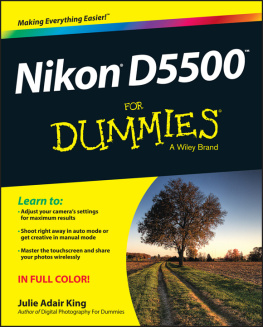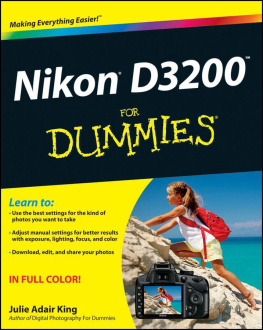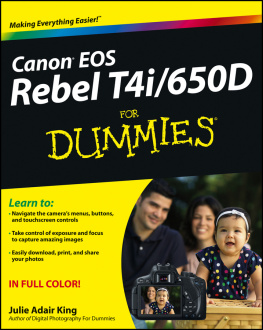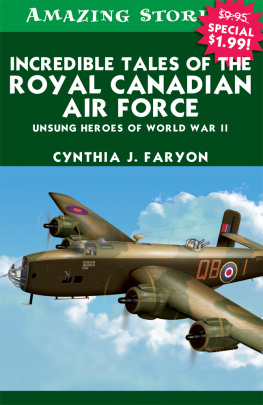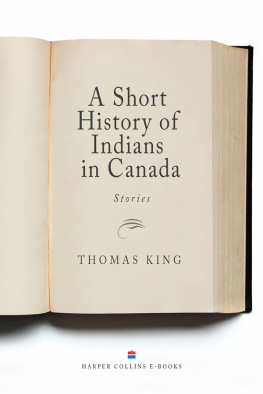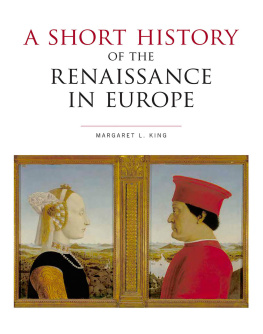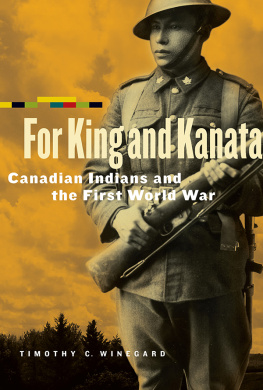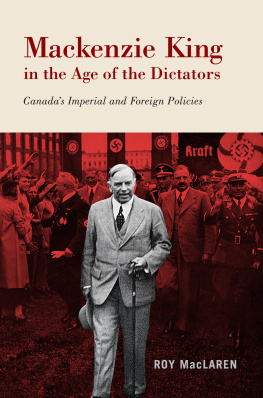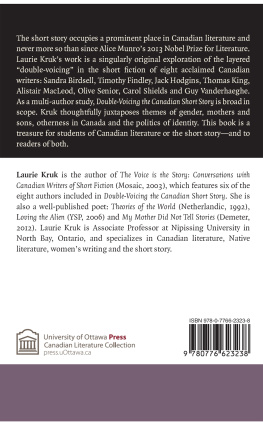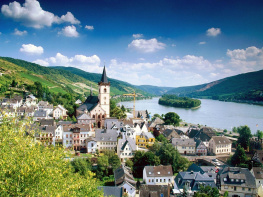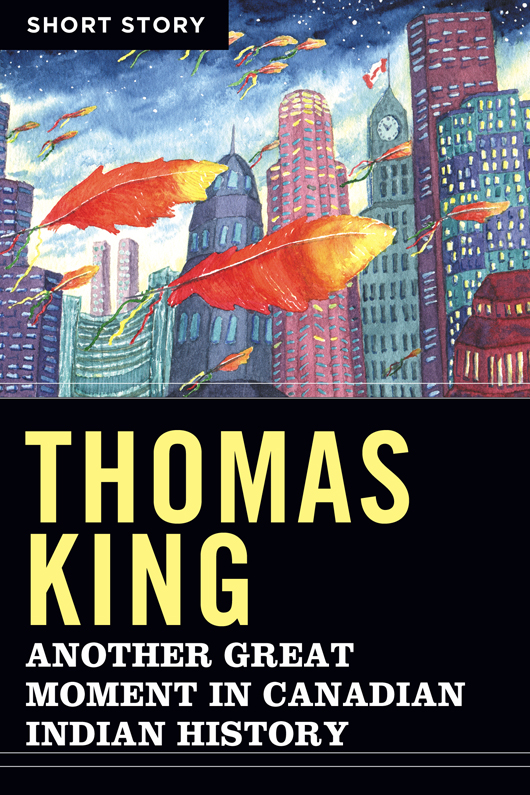Until Chief Justice Gordon Steels and the rest of the British Columbia Supreme Court decided that Owen Allands could not hunt on band land because Native rights in the province had been extinguished somewhere in the nineteenth century, the main topic of conversation in Fort Goodweatherday centred on why the town did not appear on any of the provincial road maps.
Amos Mischief insisted that it was because Fort Goodweatherday was an Indian community and wasnt worth the ink. Everett Joe said it was because the name was too long to squeeze in alongside the names of the larger towns along the coast.
There was an FG on the map, stuck out in the ocean, and this could have been Fort Goodweatherday, but as Fort Gregory and Fort Gustave and Fort Godspeed were in the same vicinity, it could just as well have been them, too.
The FG, Wilma Tom said each time the discussion about why Fort Goodweatherday wasnt on the map came up, marks the spots where the fishing is good. It was an old joke. Wilmas grandfather had told it all his life and everyone knew it, but because really funny jokes were hard to come by, and because Wilma could tell a joke better than most people, nobody minded hearing it again.
Amos Mischief didnt have a great deal of time for jokes and whenever he got wound up about Fort Goodweatherday and discrimination and bigotry, Bella Tewksbury, who voted Reform in the last election and didnt mind telling you, would jump in and point out that Point Waboose, Grimsley, Lacoose, Russian Sound, and Pilgrims Passage werent on the map either. And all of them, with the exception of Lacoose, were larger than Fort Goodweatherday.
Russian Sound even has a post office, said Bella. What do you think about that?
A year ago, Siv Darling, who was known up and down the coast for his bluntness, wrote a letter to the Minister of Tourism in Victoria and asked him why the town wasnt on the map. Why isnt Fort Goodweatherday on the provincial road map? the letter read. Sincerely, Siv Darling.
Four months later, a package from the Minister of Tourism came back. Inside were a guide to the provincial parks, a guide on where to go in Victoria and Vancouver, and a glossy magazine that arranged, by months, all the exciting things to do in the province. There were a dozen pamphlets that offered two-for-one deals on meals and tours, discounts on hotel accommo-dations and car rentals, a colour postcard of a bunch of totem poles, a bumper sticker that said, Visit Victoria, along with a really nice map of the province, which, sure enough, didnt have Fort Goodweatherday on it either.
There was a letter stuck on top of everything that thanked Siv for his interest in visiting British Columbia and hoped his stay would be a pleasant one.
So Owen Allands was in no mood to hear Chief Justice Steels tell him and the world that all the treaties and agreements made between Native peoples and the province were null, and forthwith abrogated. Owen was found guilty of trespass on Crown lands and was sentenced to six months in jail, but after he took the time to explain just where Chief Justice Steels could put the courts decision, Owens stay in jail was extended to nine months.
Throwing Owen in jail like that was a bit much, said Everett Joe. What the hell did the judge expect him to say?
Bella brought a dictionary to the council meeting that was called to discuss the Steels decision, but she couldnt find the word abrogated anywhere, partly because she was spelling it wrong, and partly because, as she was searching through the pages, she hit upon the word abort, which looked close enough. Rather than forget about it or leave well enough alone, Bella read the definition and was drawn into a heated discussion on abortion, and, by the time everyone had a turn at the microphone, a second council meeting had to be called for the next evening.
The second meeting started off with an impassioned plea by Father Maris, who alternated months between Fort Goodweatherday and Lacoose, to stay calm and let the authorities do their jobs. It was the same speech he had made when the band closed the logging road that ran between Gull Point and Nadir to protest the clear-cutting of tribal land and very similar to the one he gave when Jimmy Turmans son, Dustin, was found hanged in a cell in Campbell River.
It was not a long speech, and, after he had finished, he thanked everyone for their patience, and went home.
As soon as Father Maris was gone, Bella Tewksbury pushed her sleeves up and knotted her arms across her chest. She leaned forward on the chair and said in a very loud voice, So, what are we going to do about this?
For the next four hours, everyone in the council meeting took turns at the microphone.
Crystal Kingcome brought a box of three-by-five cards on which Crystal and her three girlsSheri, Terri, and Marihad written the eight hundred number of the Minister of Justice. Crystal urged everyone to call the number as often as they felt like it, and, if enough people called, it might do some good. Best of all, Crystal pointed out, the phone calls were free.
Everett Joe thought a trip to the United Nations in New York would do more good, and, because he had lived in Toronto during the war, Everett volunteered to head the delegation.
Siv Darling wanted to close the Gull Point road again.
At around one oclock in the morning, Florence Skloot, who had been sleeping in the second row next to the radiator ever since Father Maris got up to speak, woke up, hoisted herself on her walker, and shuffled to the front of the room.
Florence was between eight-six and ninety-seven, depending on whom you talked to, and, even as a young woman, she had a reputation for speaking deliberately. But as she got older, everything had really slowed down until the distance between each word and gesture allowed that you could get up and go to the bathroom as Florence was sneaking up on the noun, and get back before she had found the verb.
There were several glasses and a pitcher of water on the front table and Florence took the largest glass, filled it and drank it, and filled it again. Then she began.
Im ashamed, she said, and she paused to catch her breath and take another drink. All we ever do is complain.
This was as fast as anyone could ever remember Florence moving, and Johnny Whitehorse, who had been thinking about stepping outside and having a smoke, decided to put it off until later.
Complain, complain, complain, Florence continued. No wonder the white peoples dont like us anymore.
Florence leaned over her walker. Those white peoples are like little kids, you know, she said. They dont know any better. Thats why they do these things.
Florence stopped there, and, frankly, no one knew what to say. And no one left. Everyone just sat and waited. Finally, Florence cleared her throat and shifted her weight.
What we need to do, she said in a clear, strong voice, is to give them a hand with their problems instead of always complaining about ours.
Florence pulled a handkerchief from the sleeve of her sweater and wiped her face and cleaned the sides of her mouth. We got to show them how to be friendly and generous, she said. We got to be the adults.
Florence drank another glass of water. So, I am going to that town and give those white peoples some help, she said. And she sat herself back on the walker and shuffled to her seat.
As soon as Florence was settled, Bella Tewksbury stood up and looked around as if she was trying to locate a forest fire. Damn it! she said in a booming voice. Florence is right. And Im going to drive her to Victoria.



